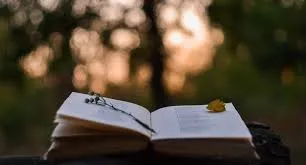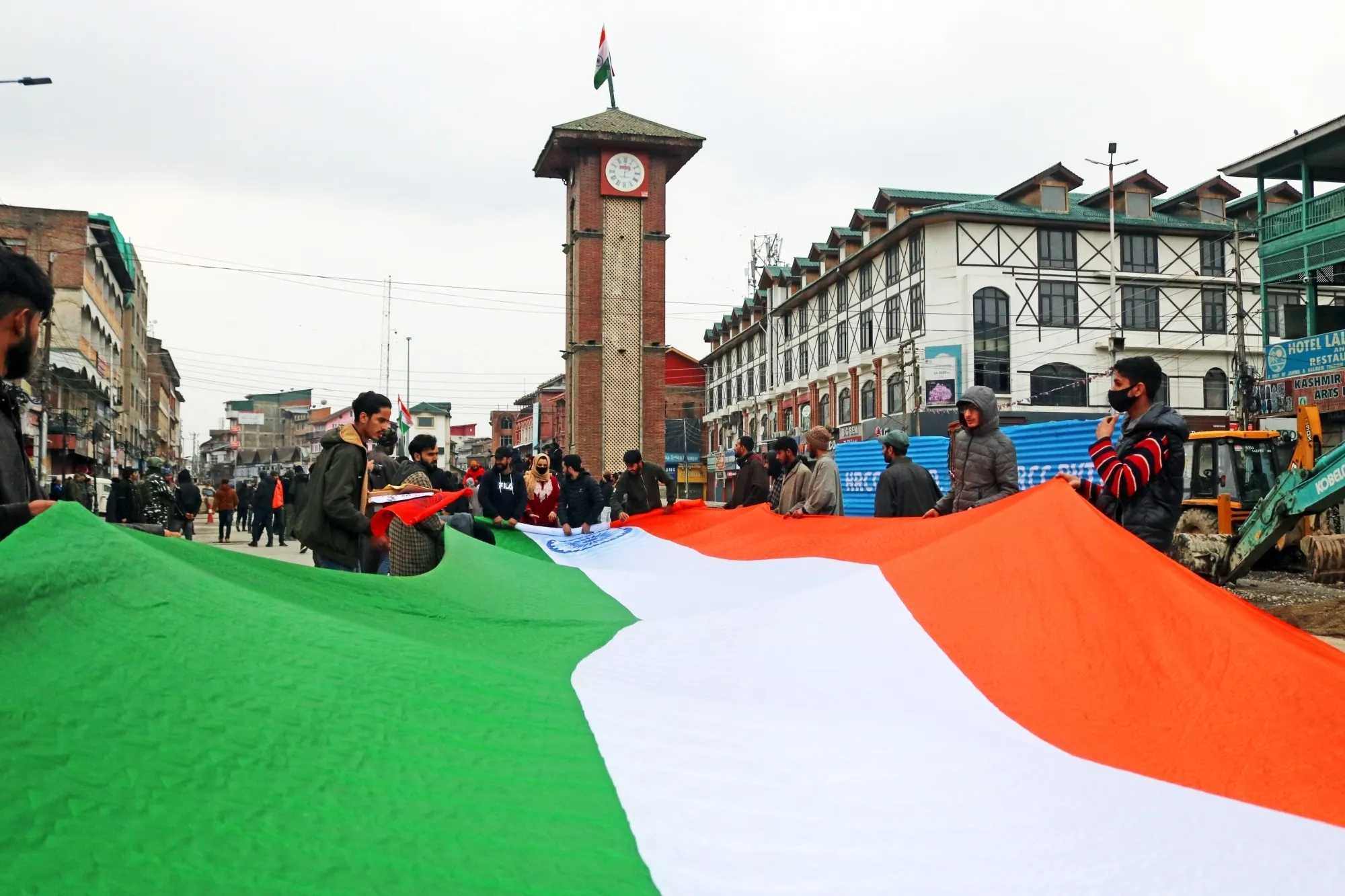In physical illness, functional and structural integrity of body are the norms for being normal: gauged by scientifically laid down parameters. On a psychological plane, confusion and disagreement hail us as to what constitutes abnormal. Broad agreement exists on normal behaviour with reference to given culture: it caters to the requirements of social expectations, while abnormal does not; exhibiting bizarreness off and on. One’s head hums; annoying voices emanating from nowhere persist; one sees demons; weird animals, unpleasant odours refuse to vanish; and even one may encounter what Salman Rushdie calls, in story titled, ‘The Harmony of the Spheres’ about Eliot Crane in his book EAST, WEST, ‘brain-storms’. Literary masters of fictions, plays and poetry, from time to time, kept leaving behind insight into disturbances within seeking outside pouring. For instance, Euripides and Othello’s delving into obsessive jealousy and revenge, guilt reaction of Lady Macbeth with her symbolic hand washing to remove ‘the smell of blood’ or De Quincey’s portrayal of ‘the world within’ under the influence of opium dreams which he describes, ‘O heavens! what a revulsion! what a resurrection, from its lowest depths of the inner spirit! What an apocalypse of the world within me.’ The quarrel of these characters was with their own identities: sometimes the quarrel unfortunately leading to suicide or ‘the final act of macabre symmetry’ as Rushdie calls it, or similarly how poet E. A. Robinson describes Richard Cory: ‘gentleman…and admirably schooled in very grace’ going home and putting, ‘a bullet through his head.’ Isolated cases these may seem, still there lurks another side illumining obscure recesses of human psyche. A fertile ground where creativity gets dredged up. Many modern poets attempted to cull out from their own experiences of intense emotional turmoil, the pattern of thought processes symbolic of madness and creativity. Allen Ginsberg’s declaration, ‘I saw the best minds of my generation destroyed by madness, starving, hysterical, naked’ may seem befuddling but then how would one account for cases of John Nash, Vashishtha Narayan Singh and alike.
Heuristically it seems to boil down to the agenda of identity. Bizarreness is uniquely linked to creativity which explores grumblings with alienation and disillusionment. While awareness causes pain and suffering which majority of people prefer to avoid, poets intensely engrossed in their anfractuous memory and thoughts don’t seek oblivion from the burden of consciousness. They are occupied with their fragmented, fractured and discontinuous identities. All human beings suffer stress of varying kind and degree but creative minds handle stress situations of prominence differently and let loose their creative outpourings do the rest. Their literary works leave behind an array of questions concerning our existence, relationships, losses, delusions, skills and many more. Poets, with their musings, present wholeness of their identity amidst barbaric upheavals plaguing their psyche: reminding us of Shelly’s lines from The Revolt of Islam, ‘With hue like that when some great painter dips/His pencil in the gloom of earthquake and eclipse.’
Loneliness, depression, insanity, hollowness, melancholia and phantasies are, inter alia, few themes which ran throughout the history of poetry. Psychologists believe that incidence of mental disorders, suicide, cases ending up in mental asylum is more common among poets: they are 20 times more likely to find themselves in an asylum than the general population. Puzzle continues as to similarities between brain patterns of poets and those seized with neurosis and psychosis like schizophrenia and bipolar disorders. Ginsberg encountered mental health issues and dealt with such experiences in his poems HOWL and KADDISH. Beneath razor-sharp mind of Ezra Pound, Lorca, Nirala, Muktibodh, Sylvia Plath, Virginia Woolf, et al, lay a hotbed of conflict, insecurities, fear and numbness. Virginia Woolf admitted it in her DIARIES, ‘The future is dark, which is on the whole, the best thing a future can be. I think………A certain melancholy has been brooding over me this fortnight………….The feeling so often comes to me now- Yes, go on writing of course but into emptiness. I’m a cock-a lonely cock whose crowing nothing breaks.’ The message is writ large.
‘Madness’ is innate in the ‘best minds’ which are withdrawn minds treating external world as irrelevant and threatening but struggling with internal catastrophe. Nevertheless, it does not indicate a ‘sick society’ and their role in it. Often what poets’ experience in mental asylum proves to be catalytic fanning creative impulses into flame. Does society realise the value of creative minds in their nascency? Sometimes in hierarchical relationships creativity of people is treated as a stumbling block: not a useful cog in the spinning wheel. It is sad but true.
Despite the belief that doctors know the best about their patients, do psychiatrists acknowledge the disappearance of creativity in some of their ‘gifted patients’? Art and poetry disappear as the wholeness of patients is lost when he finds himself in the desert of madness. Creativity does not vanish: it lives hibernated. While the creativity of John Nash, very exceptionally, could be retrieved which helped him illumine the world, that of our very own Vashishtha Narayan Singh was lost for good. Such patients are perceived as threatening requiring a correction through drugs/therapy rather than as creative. Half the battle is lost there. Had the ideas hanging inside walls of Vashitha Narain Singh’s paralysed mind been salvaged and his mental health even partially restored, Singh could possibly have brought international honour for the country. A pivotal task for psychiatrists is to rescue and bring to public fore lost stories, poems and works of art from their patients. Subsequent civilizations own these lost pieces of art some of which might make history. To round off, let us quote Goethe who echoed, though in context different, the value of renewal of lost world, in Faust, ‘Thou hast it destroyed/The beautiful world/With powerful fist/In ruins ‘tis hurled,/By the blow of a demigod shattered! Mightier/For the children of men,/More splendid/Build it again,/In thine own bosom build it anew!’
K. K. Srivastava, a former officer from C&AG of India, is a poet, writer and columnist. These are his personal views.























